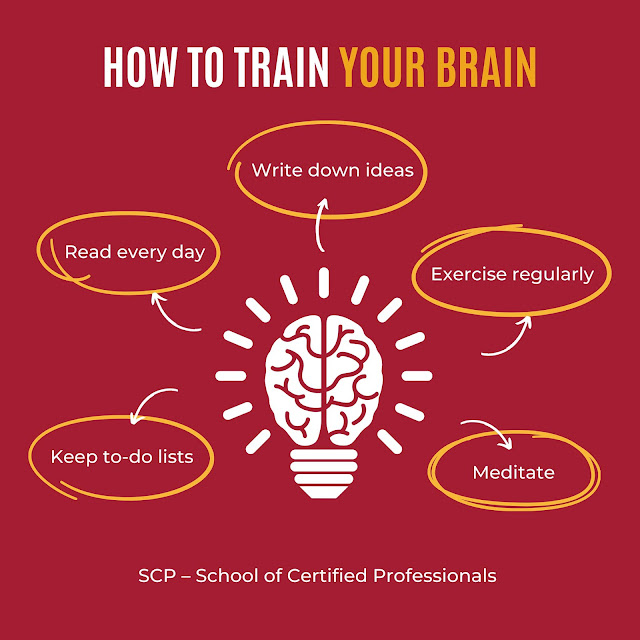The Core Skills Every Accountant Needs
Becoming a successful accountant requires more than just number-crunching abilities. In today's dynamic business environment, accountants need a diverse skill set to navigate the complexities of financial management.
Technical Proficiency:
The foundation of any accountant's skill set lies in technical proficiency. This includes a deep understanding of accounting principles, financial regulations, and proficiency in accounting software. Whether it's mastering Generally Accepted Accounting Principles (GAAP) or staying updated on the latest changes in tax laws, technical proficiency is non-negotiable.
Analytical Skills:
Accountants need to be adept at analyzing financial data to provide valuable insights to their clients or organizations. This involves the ability to identify trends, anomalies, and potential areas for improvement. Analytical skills are crucial in making informed decisions and formulating strategies that contribute to the financial success of the business.
Attention to Detail:
Precision is paramount in the world of accounting. Small errors can have significant consequences. Accountants must possess an acute attention to detail, ensuring accuracy in financial statements, reports, and audits. Developing a meticulous approach is essential for maintaining the integrity of financial data.
Communication Skills:
Effective communication is a skill that transcends industries, and accounting is no exception. Accountants often need to explain complex financial concepts to clients, colleagues, or non-financial stakeholders. Clear communication fosters understanding and helps in building trust, an essential component of successful financial management.
Ethical Judgement:
Integrity is at the core of the accounting profession. Accountants handle sensitive financial information, and ethical conduct is vital to maintaining trust and credibility. Upholding professional ethics, confidentiality, and compliance with regulations are non-negotiable aspects of an accountant's role.
Time Management:
Accountants often deal with multiple tasks and tight deadlines. Effective time management is crucial to ensure that financial reports, tax filings, and audits are completed accurately and on schedule. Prioritizing tasks and managing time efficiently are key skills for a successful accountant.
Adaptability:
The financial landscape is constantly evolving, with changes in regulations, technology, and business practices. Accountants need to be adaptable and open to learning new skills to stay relevant in the ever-changing environment. Being proactive in seeking professional development opportunities is essential.
Problem-Solving Abilities:
Accountants frequently encounter challenges that require innovative solutions. Developing strong problem-solving skills enables accountants to navigate complex financial issues, propose effective solutions, and contribute to the overall success of the organization.
Looking to embark on a rewarding career in accounting or elevate your financial acumen? Look no further! SCP Academy, your premier destination for professional development, offers top-notch Accounting Training in Cyprus. Our Accounting Training covers the latest industry trends, accounting principles, and hands-on skills, ensuring you're well-equipped for success.



Comments
Post a Comment